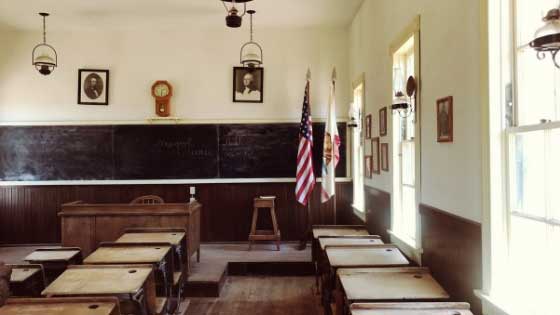Exordium
The Ancient Art of Memorization
Sean Braswell writes about the ancient art of memorization: In an age of smartphones, search engines and external memory aids, it’s easy to forget that it wasn’t long ago that a good memory was essential to being an educated person. And, in many ways, our brains are built to be used in this way, even if we often opt not to do so today. The ancient Greeks and Romans believed in two types of memory: Read more…





